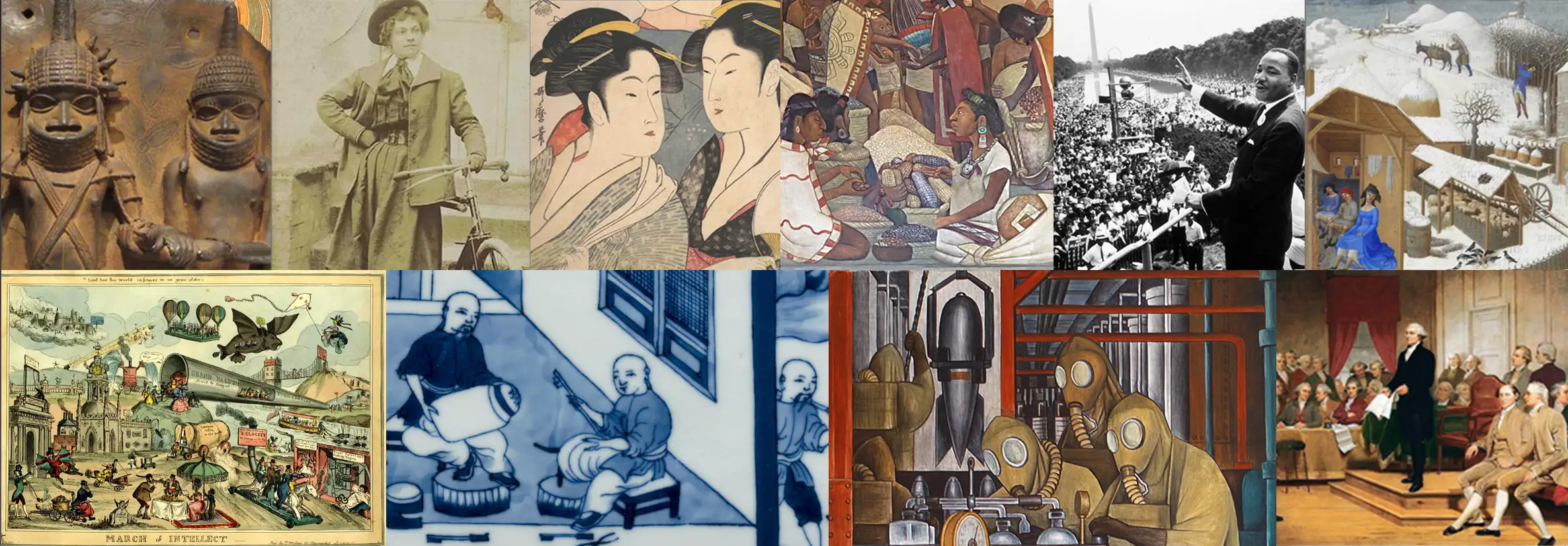Remembering Professor Bruce Wheeler

The UT Department of History regrets to announce the death of Bruce Wheeler. Wheeler joined our department in 1970 and served our campus and community for more than four decades. He is remembered by his colleagues as a fine scholar and generous mentor; by thousands of UT students as an engaging and innovative teacher; and in the community for his outstanding service to his fellow citizens. During his long career, he was recognized with numerous teaching awards and served as the head of the University’s Honors Program before his retirement in 2003.
Wheeler received his PhD from the University of Virginia in 1967, specializing in the era of the American Revolution. He taught courses and delivered countless public lectures on the nation’s founding and developed a second research interest in Appalachian history. As a scholar and public speaker, one of Wheeler’s greatest contributions came as an articulate champion for downtown revitalization and progressive improvement in the city of Knoxville. In 1983, he published the first of three editions on the city’s history, Knoxville, Tennessee: Continuity and Change in an Appalachian City (co-written with his fellow history professor Michael McDonald). The book appeared just as the city faced the demoralizing shock of a banking scandal following the end of the 1982 World’s Fair, a collapse that cast doubt on the city’s hopes for downtown revival. Wheeler’s book challenged city leaders to overcome a “collective mentality” of “isolation, poverty, and fear of change.” In subsequent updates of this book, and in many public talks, he helped Knoxville residents to reflect on the city’s past and chart a better future. In 2020, he concluded the final edition of this book by claiming that, in spite of ongoing challenges, Knoxville had become “a city of which its residents can be truly proud.” Through his engaged public scholarship, Wheeler both documented and championed these improvements.
For a generation of UT students, Wheeler will be best remembered as a devoted and creative teacher. As one of his former students noted upon his retirement, he “epitomizes the teacher we all had at some point in our lives who had such a profound effect on us that he or she shaped the way we view the world.” Students loved his interesting and entertaining lectures, and he was an early advocate for teaching history in ways that led them to engage directly with the historical sources and generate their own conclusions. Starting in the 1980s, he shared this approach in a textbook series, Discovering the American Past, that was widely adopted in college courses nationwide.

Wheeler not only excelled in his own classroom but improved history education in the region’s public schools through active engagement with East Tennessee teachers, many of them his former UT students. While serving as interim head of the Department of History, he worked with Lisa Oakley, then education director at the East Tennessee Historical Society, on a teacher training partnership that continues today.
“His approachable and personable method of teaching, peppered with his well-known wit, made him a favorite among our teachers,” she recalls. ”He claimed many as friends, even volunteering to teach in their elementary classrooms to learn more about teaching 4th and 5th graders. For me personally, Dr. Wheeler was the college professor that set me on the path toward public history. I believe I can speak for all the teachers we served together when I say that we were not only educated but inspired and motivated by Dr. Wheeler in ways that we continue to see in our lives and work today.”
Wheeler enjoyed an active retirement after 2003. In addition to revising his history of Knoxville, he served as the university’s historian. In this, he was a notable defender of academic freedom. Too often in the university’s past, he wrote, “leaders… were terrified of reactions by legislators of what was going on in the classrooms, residence halls, and even off-campus social clubs, for those leaders knew that, like Oliver Twist, they would have to journey to their respective state capitals to plead for just a few more spoonfuls. To be sure, there were courageous leaders who sought to protect their institutions from attacks on intellectual freedom, but those brave men and women were a rarity.”
No list of accomplishments can fully convey all that Bruce Wheeler meant to the UT campus and the history department. He will be remembered for his ability to share his love of history with a wide audience, his never-failing curiosity and good humor, and his generous support of his younger colleagues and our students.
When Wheeler retired, the department established a scholarship fund in his honor, used to provide graduate students with much needed financial support for their research. Donations in memoriam can be made online here or sent to the University of Tennessee Department of History, 915 Volunteer Boulevard, 6th floor Dunford Hall, Knoxville TN 37996. Please write ‘Wheeler Graduate Research Fund’ in the Notes area.
A full obituary and funeral arrangements can be found on the KnoxNews website.
